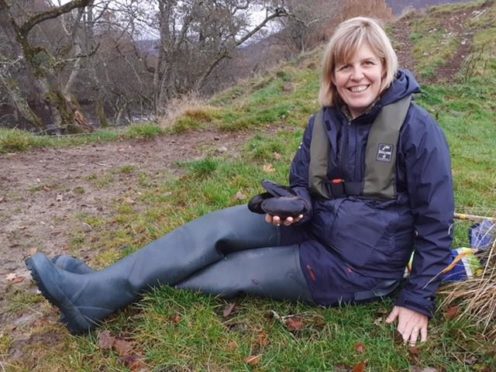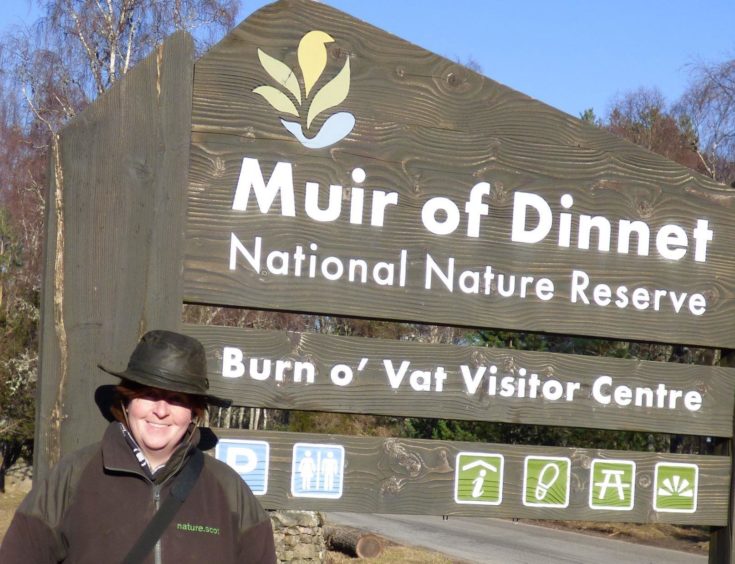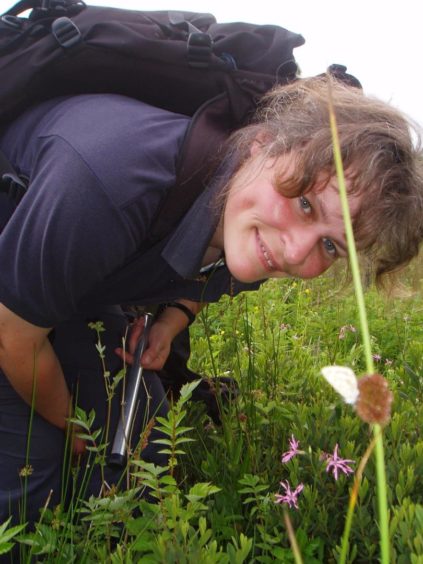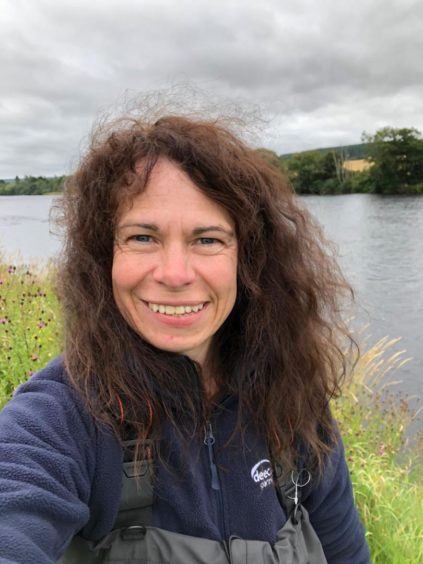Four women working tirelessly to preserve and study Scotland’s natural environment have been celebrated this International Women’s Day.
The Dee Catchment Partnership, made up of organisations that protect the River Dee and its surrounding landscapes in the north-east, has shined the spotlight on the women to celebrate the important roles they play in conservation.
Catriona Reid, manager of the Muir of Dinnet National Nature Reserve between Aboyne and Ballater, is charged with a number of responsibilities, including tree-felling, surveying wildlife, and children’s education.
She said one of the biggest challenges in her job is dealing with the careless attitudes of visitors.
She said: “People can be surprisingly selfish – we have to deal with fires, litter, disturbance, dogs chasing wildlife, dirty camping and so on – and most of it is completely avoidable.”
Ms Reid added: “I’d like to see a growing awareness of the natural world – often brought to people by dramatic TV documentaries – translate into an awareness of what’s actually on your doorstep and how to enjoy it without ruining it.
Helen Rowe, countryside ranger for Aberdeenshire Council, works in all weather to tackle irresponsible behaviour, give guided walks, and help the public learn about the region’s natural heritage.
She said: “We try to encourage people to give something back to nature – anything from simple ways to help garden wildlife, to practical volunteering, like planting native trees or recording wildlife.”
Freshwater ecologist at the James Hutton Institute and manager of the catchment partnership Susan Cooksley works with a very small, but vitally important, north-east species.
She said: “I’ve been privileged to call Scotland my place of work for over 20 years.
“Much of that time has involved studying the species I’m most passionate about – the freshwater pearl mussel.
“These fascinating animals tell us the condition of our rivers – if pearl mussel are thriving you have a river in tip-top condition.
“Sadly few rivers, even those that are apparently pristine, can support a viable mussel population, and although we’ve made great strides in improving our rivers, we still have a long way to go.”
Sally Mackenzie, conservation officer for the Cairngorms National Park Authority, works to restore freshwater habitats and species.
She added: “It’s very satisfying to play a part in helping to restore wildlife habitat that also brings a multitude of other benefits for people, from helping to reduce flooding to providing somewhere to walk or watch wildlife.”



